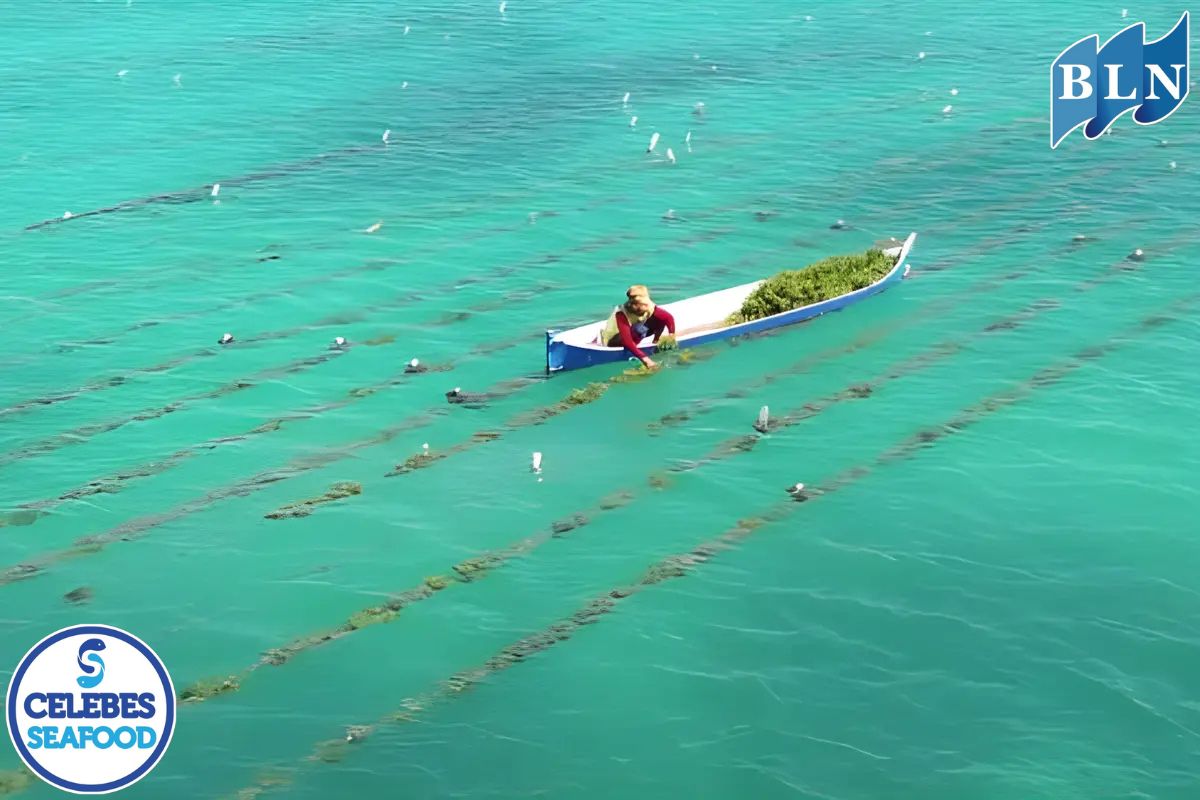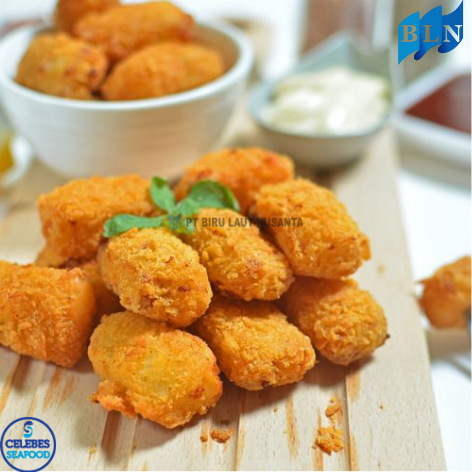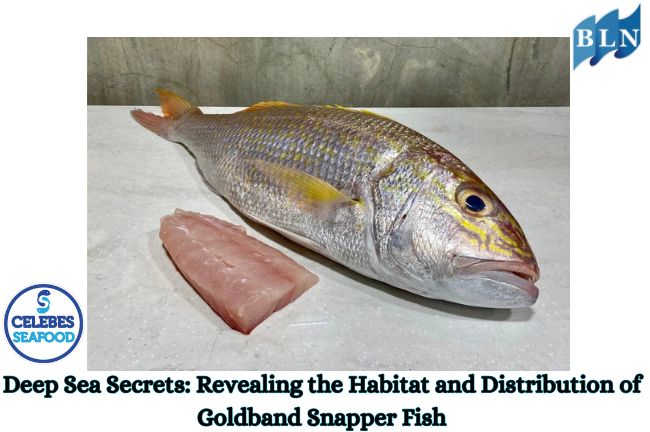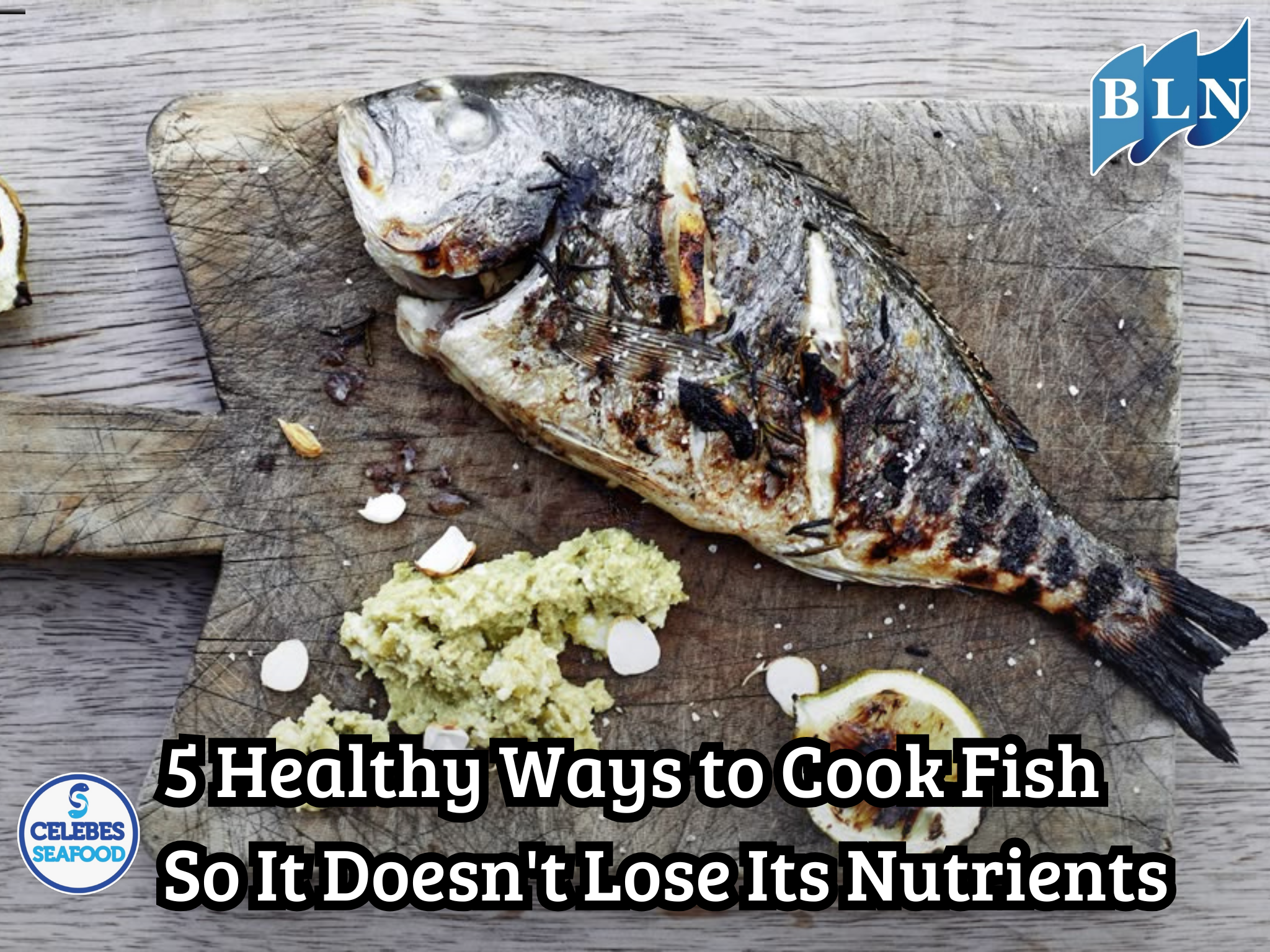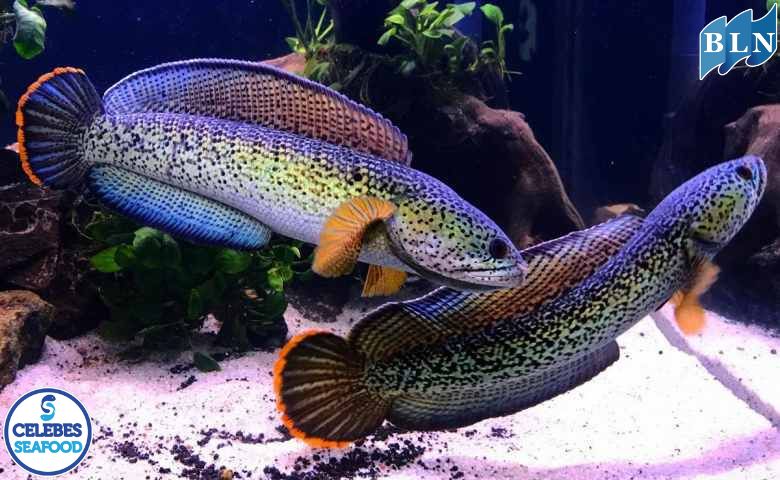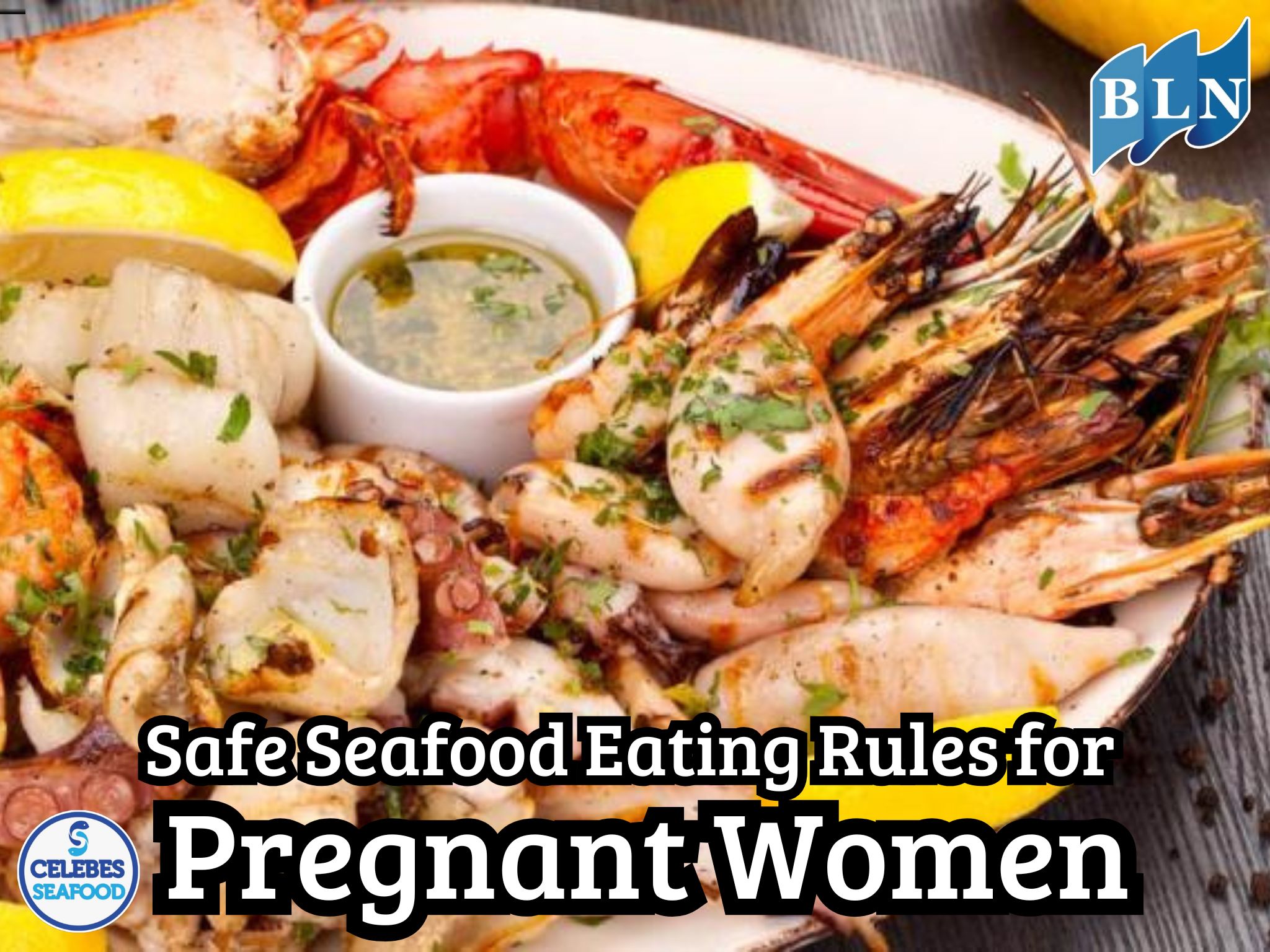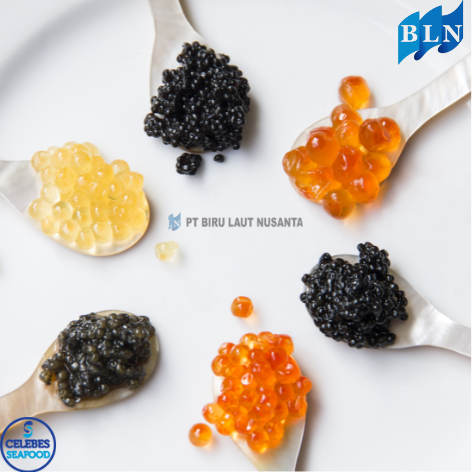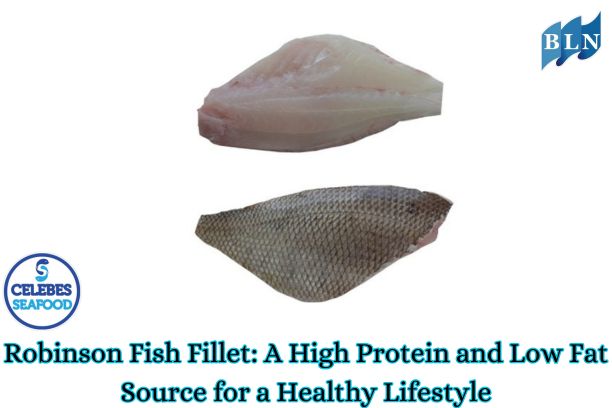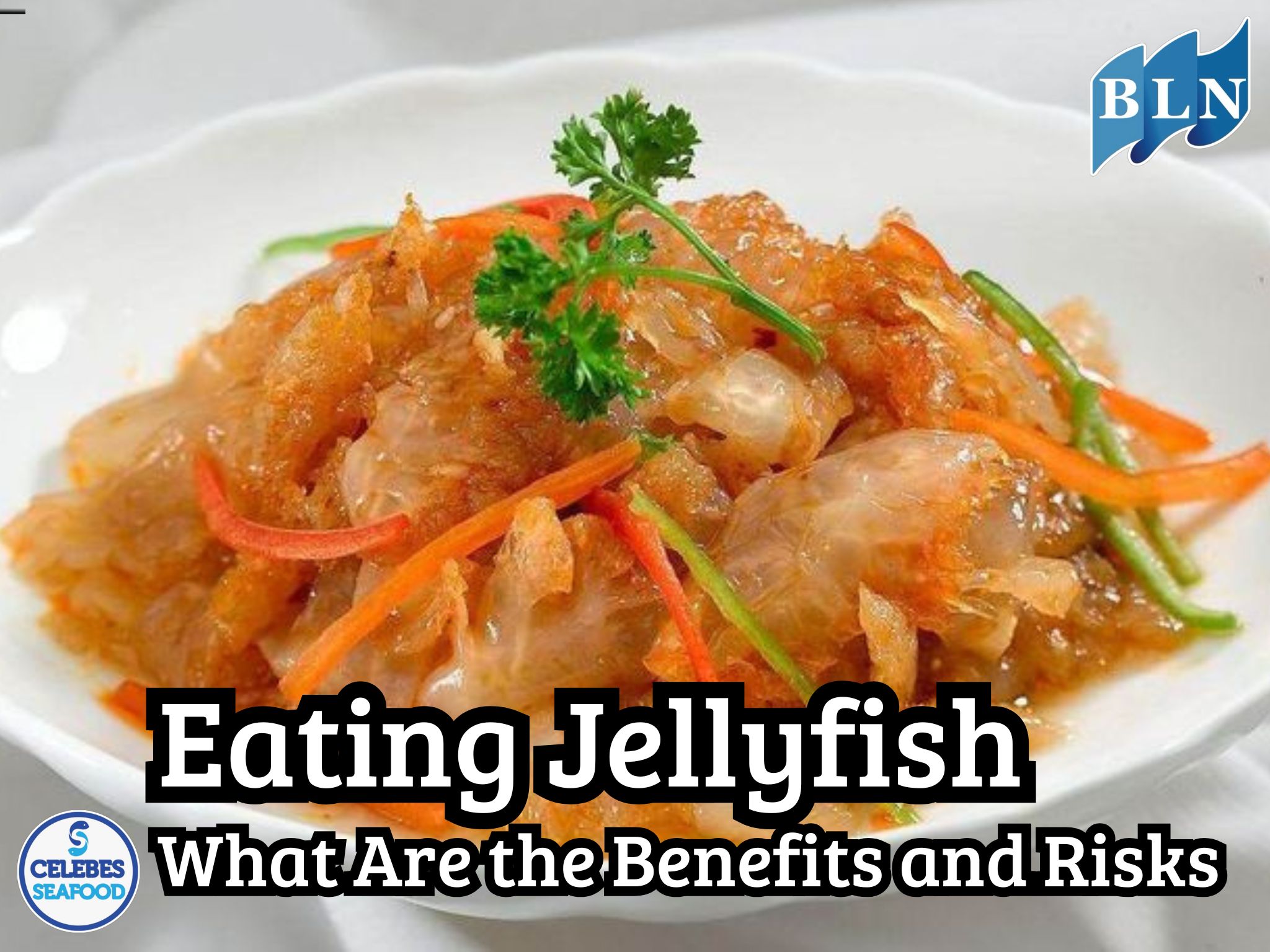Octopus Waste Utilization Technology : Towards Efficient and Nutritious Octopus Feed
By. Tri - 18 Mar 2025
lautnusantara.com_ The fisheries industry, especially octopus processing, produces large amounts of organic waste. This waste, which often consists of offal, skin, and meat scraps, contains valuable nutrients such as protein and minerals. If not managed properly, this waste can cause environmental problems. However, with the right technology, octopus waste can be converted into an efficient and nutritious feed source for farmed octopus.
Octopus waste is rich in protein, essential amino acids, and minerals needed for octopus growth and health. This nutritional content makes octopus waste a potential raw material for alternative feed. Utilization of this waste not only reduces environmental pollution but also creates a sustainable feed source.
Octopus Waste Processing Technology
Several technologies can be used to process octopus waste into feed:
1. Drying and grinding: Octopus waste is dried to reduce water content, then ground into flour. This flour can be mixed with other feed ingredients to produce pellet feed.
2. Silage: Octopus waste is fermented to produce silage, a feed rich in lactic acid. Silage has a longer shelf life and can improve feed palatability.
3. Protein extraction: Protein from octopus waste is extracted and processed into protein concentrate. This concentrate has a high protein content and can be used as a feed additive.
4. Bioconversion: Using microorganisms to convert octopus waste into protein-rich biomass.
Advantages of Feed from Octopus Waste
1. High nutrition: Feed from octopus waste contains complete and balanced nutrition for octopus growth.
2. Low cost: Utilization of waste reduces the cost of feed raw materials.
3. Sustainable: Reduces waste and creates an environmentally friendly feed source.
4. Increases growth: Feeding from octopus waste can increase the growth rate of farmed octopus.
Challenges and Solutions
Despite its great potential, the utilization of octopus waste as feed also faces several challenges:
1. Variability of waste nutrient content.
2. Food safety and contamination control.
3. Efficient and economical processing technology.
To overcome these challenges, further research is needed on optimal processing technology, feed quality standardization, and implementation of good sanitation practices. If you are interested in our product SLIPPER LOBSTER WHOLE ROUND, SLIPPER LOBSTER MEAT, Coral Trout Fillet Skin On,OCTOPUS WHOLE CLEANED FLOWER TYPE please do not hesitate to contact us through email and/or whatsapp.
